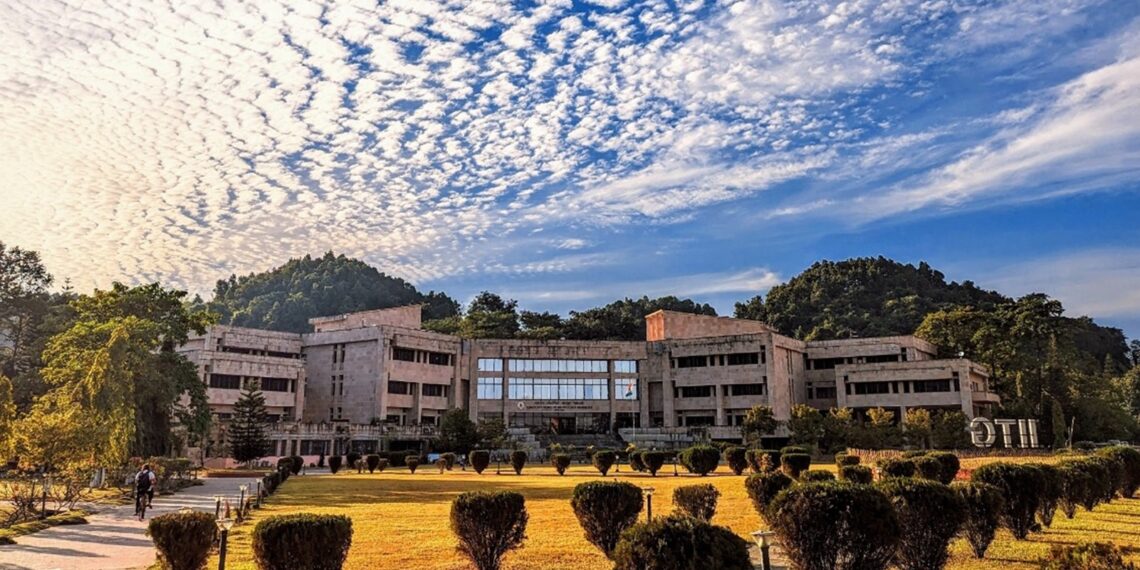GUWAHATI: The Indian Institute of Technology (IIT) Guwahati has been ranked 87th globally for meeting targets set by the United Nations’ Sustainable Development Goals (SDGs).
In the Times Higher Education Impact Rankings 2024, the prestigious institute has shown notable improvements in its overall rankings for SDG 1 (No Poverty), SDG 4 (Quality Education), and SDG 6 (Clean Water & Sanitation), according to a statement from IIT Guwahati on Thursday.
These rankings assess universities worldwide based on their contributions to the SDGs.
The 2030 Agenda for sustainable development, adopted by the United Nations Member States in 2015, outlines 17 integrated SDGs and 169 targets aimed at addressing global challenges such as poverty, inequality, climate change, and environmental degradation, among others.
In other categories of the rankings, IIT Guwahati’s positions ranged between the 300th, 400th, and 600th.
“We are thrilled with our institute’s achievements in the 2024 rankings. The marked improvements in SDG 1, SDG 4, SDG 6, and SDG 9 reflect our steadfast commitment to providing high-quality education and promoting sustainable development. These results highlight the dedicated efforts of our faculty, students, and staff who have tirelessly worked to foster innovation and uphold rigorous academic standards,” said Prof. Devendra Jalihal, Director of IIT Guwahati.
Stressing how IIT Guwahati believes in creating an environment that goes beyond academic excellence, Prof. Jalihal said that the mission is to create future leaders with a focus on sustainability and social responsibility.
“Through various initiatives, such as interdisciplinary research projects, community engagement, and partnerships with industry and government, we aim to provide our students with the knowledge and skills required to tackle the complex challenges of today’s world,” he added.
The 2024 edition of the Impact Rankings is the sixth, featuring 2,152 universities from 125 countries/regions.
The rankings are based on carefully calibrated indicators across four broad areas – Research, Stewardship, Outreach, and Teaching, providing a comprehensive and balanced comparison worldwide.















